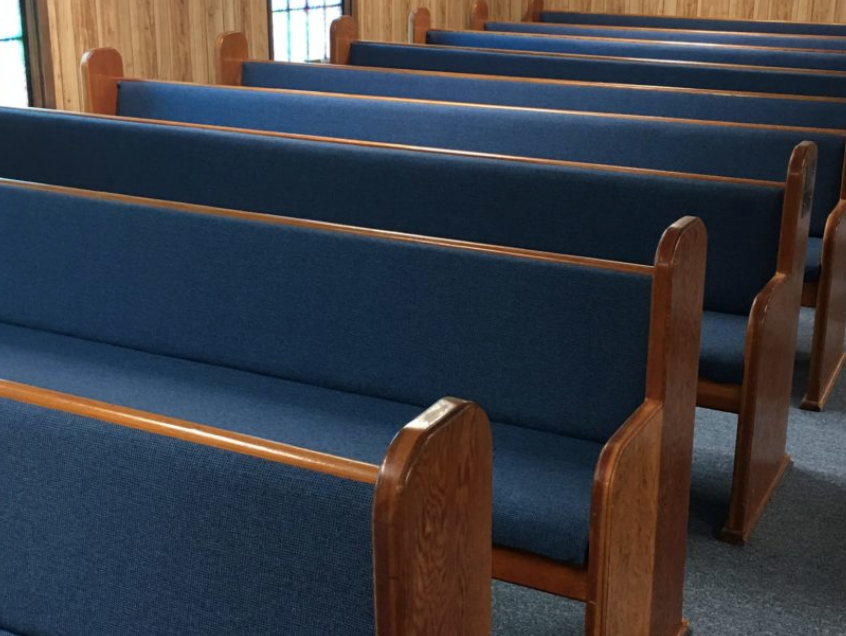You know the old saying that “diamonds are forever”? In my personal experience, western Kansas is forever.
That isn’t a complaint. I’ve been driving across the Kansas high plains since the early 1980s — with more cause now that I have family in Kansas — and I have grown to love the wide open horizons. This long drive also leads to our family’s old stomping grounds in Colorado, where I’m on vacation this week.
Kansas is a real place. There’s a there, there. I have lots of friends with ties to Kansas and they love its combination of Midwestern values and access to the Wild West.
I bring this up because of a story I read last week in the Topeka Capital-Journal, with this headline: “96 United Methodist churches in Kansas, including one in Topeka, are leaving denomination.” This is another example of newspapers at the local and regional level having to handle developments in a complex, global conflict that has been raging since the early 1980s. That’s when I started covering this story in Colorado — a flashpoint from the start. Here’s the Topeka lede:
The United Methodist Church is seeing the exodus of 96 conservative Kansas congregations over theological matters, including same-sex marriages and ordaining openly LGBTQ clergy.
The words “theological matters” are, of course, disputes about 2,000 years of Christian doctrines on a host of important, even creedal, subjects. But, as always, the only specific given is LGBTQ+ matters.
Later on, the story notes that a key vote in Kansas:










